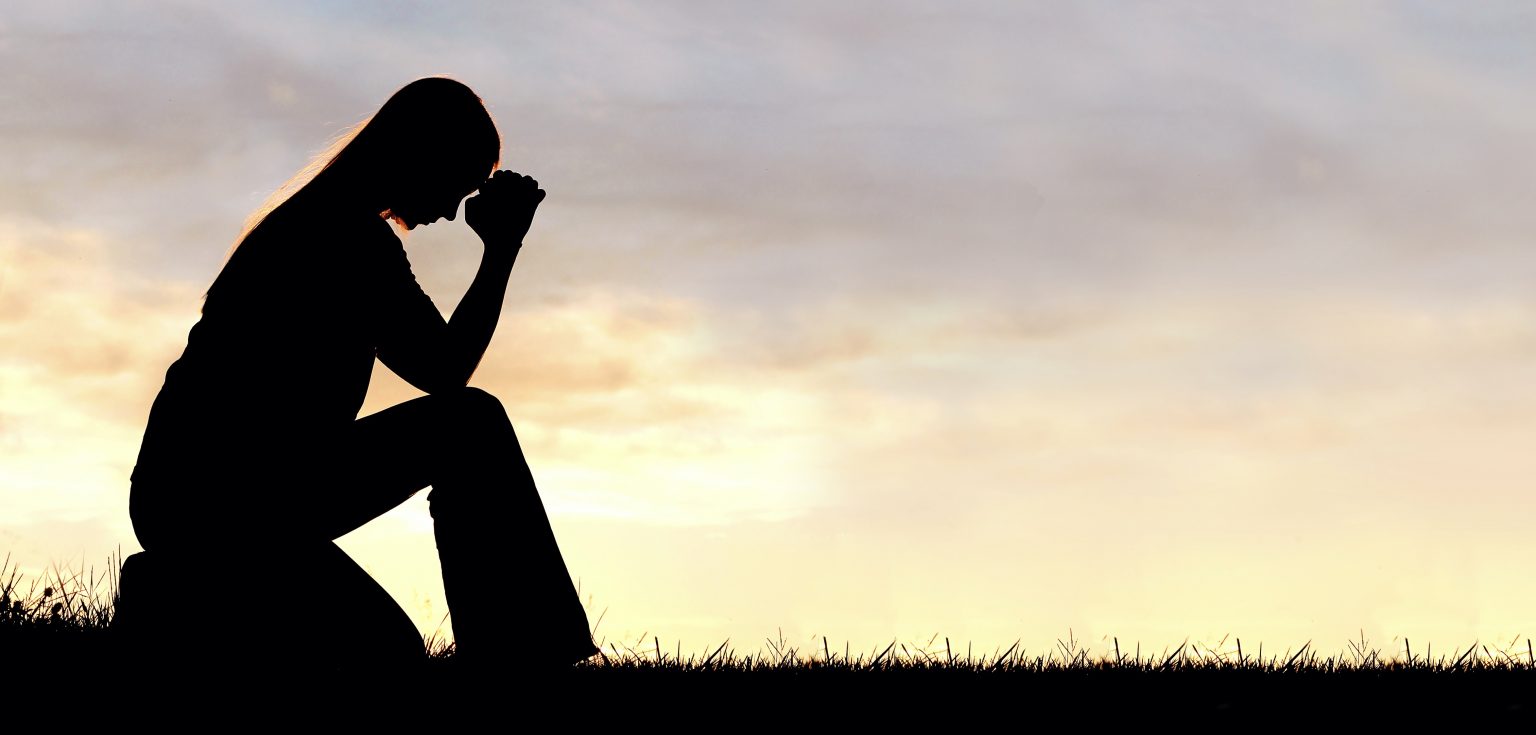With a cure for COVID-19 nowhere in sight, many people are finding comfort in a higher power.
“[Prayer] builds hope. People feel connected to a loving force in the universe, and that can help them feel hopeful and held when life puts them into difficult circumstances,” said Rebecca Randall, GRE ’14, a licensed mental health counselor in New York City.
With so many people turning to pastoral counselors for solace during the pandemic, these mental health professionals have had to wrestle with tough questions and adapt to caring for their clients from afar. In phone interviews, Randall and her fellow alumni and faculty from the Graduate School of Religion and Religious Education’s pastoral mental health counseling program described the impact of the pandemic on their clients and how COVID-19 has changed the nature of spiritual care.
‘Where is God in All of This?’
For years, many of Cynthia Wicker Williams’s clients came to her with anxieties concerning their everyday lives. But when the pandemic arrived in March, the reasons for their anxiety changed significantly, Williams said. Many older folks in church communities are now experiencing loneliness and fear of dying alone from COVID-19. Other clients are on the brink of an existential crisis.
“What’s going on? Is the world falling apart? How am I to live in this chaotic world?” said Williams, GRE ’09, a licensed mental health counselor and pastoral psychotherapist in Connecticut, recanting some of the questions her clients are grappling with. “It’s an existential kind of anxiety that people are presenting right now.”
Two months later, another bombshell hit the nation: the murder of George Floyd. Williams said her clients became more anxious about race relations in the U.S. How did I not know that people were being treated so badly, they wondered? What do I do now that I know this? And how can I live a more meaningful and moral life?
“The existential questions people are asking right now are exactly the reason why we need pastoral psychotherapists,” Williams said. “We are trained to lean into the question of, what does it mean? Where is God in all of this? Why is God not fixing this? Why did God let this happen?”
Living with Ambiguity
Williams said she helps her clients find those answers within. She might explore the teachings and holy writings of their religion with them and see if those lead to answers. Sometimes she explores a client’s strengths and what gives meaning to their life.
Randall, a pastoral counselor at the St. Francis Counseling Center in Manhattan, said that there’s power in prayer, too.
“An active prayer life can anchor people, give them hope, and connect them to a larger [faith]community,” Randall said. “They feel less alone and isolated, even if they’re praying alone.”
Another way to deal with pandemic-related anxiety at home is to use “contemplative spiritual practices” that calm the stress and anxiety regions of the brain, said Kirk Bingaman, Ph.D., associate professor of pastoral mental health counseling and pastoral psychotherapist at the Lutheran Counseling Center in New York.
Life hasn’t been easy for counselors, either. Bingaman said his students who are pastoral care providers are no longer able to provide care in person to clients with the coronavirus. They can speak over the phone, but it’s not the same.
“Historically, it’s always been the bedside thing of being there in person, praying for the person. We have the technology to still do that [from afar], but this is such a shift, and I don’t know if it’s going to change anytime soon,” Bingaman said. “We all hope a vaccine comes our way sooner than later, but this is kind of the way of the future, even if we get to the other side of this.”
‘We’re in the Same World as Our Patients Now’
But people have also shown incredible resilience and adaptability, said Lisa Cataldo, Ph.D., assistant professor of pastoral counseling and a licensed psychoanalyst in private practice. In a matter of days, her clients transitioned to working from home and being with their families in a different light. Cataldo herself figured out how to conduct virtual therapy in both an efficient and ethical manner—how to properly light herself on camera, how to create an environment as safe and comfortable for her clients as her physical office once was.
When the pandemic is over, our society is going to feel the collective impact of hundreds of thousands of people who have died, said Cataldo. But she’s also inspired by many of her long-term patients who have shown a tremendous amount of growth over the past few months. In the midst of a pandemic, they’re slowly finding their center, she said.
“In a crisis situation, people’s priorities have shifted. They realize life is short and precarious. So not a lot of time to just spin your wheels about stuff you’ve been struggling with for a long time,” said Cataldo. “That’s inspiring to me. That helps me, because clinicians are struggling too. We’re in the same world as our patients now.”


